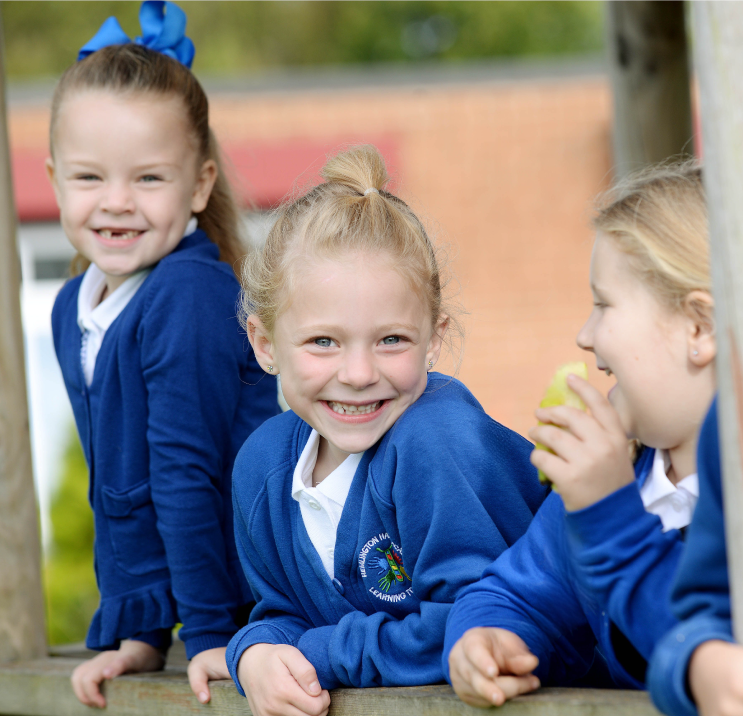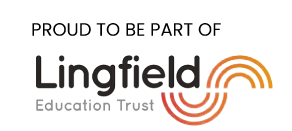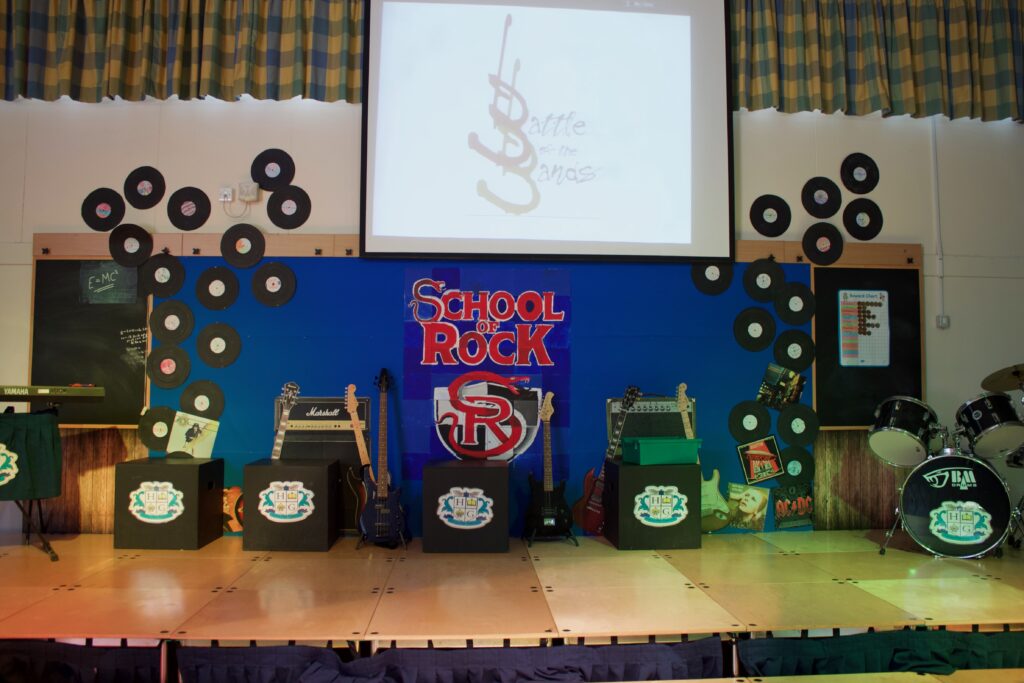
At Hemlington Hall Academy, our children develop talents in music to increase their self-confidence and creativity as musicians and performers, inspiring a real love for the art. Children are encouraged to develop critical thinking skills to respond to and evaluate compositions, in addition to creating their own pieces using a range of instruments and technology. Our school has been awarded the Music Mark in recognition for our high quality music education.
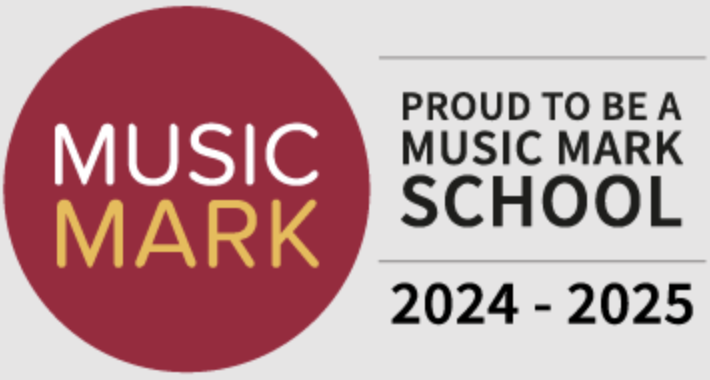
The primary intent for our curriculum:
- To make music an enjoyable interactive learning expressive experience.
- To expose our children to a range of different styles of music (high quality live and recorded music) that show how diverse music can be and how it mirrors the society we live in.
- To enable all children to confidently sing, either individually or as a group.
- To provide our children with wider opportunities to perform inside and outside the school environment to showcase their talents to the community
- To allow all children to have the experience of learning how to play an instrument.
- To develop their self-confidence, creativity and imagination by providing opportunities for self-expression.
- For children to understand musical concepts through a repetition-based approach to learning.
- For children to understand basic notation and musical vocabulary to help them perform within an ensemble.
- To enable children to compose simple compositions for real or electronic instruments.
- Empower children with the skills to records and mix their own compositions.
Implementation:
- At Hemlington Hall Academy, we follow the Charanga Scheme of Work which allows for clear progression and supports all the requirements of the national curriculum.
- Music is taught every term for half of term.
- We work with TVMS (Tees Valley Music Service) who provide us with our funded provision: Snappy Classroom Sings & Instrumental teaching of Ukulele has been extended to 21 weeks.
- We seize every opportunity to perform inside and outside the school environment: whole school ‘Big Sing’ assembly each week, we work closely with Middlesbrough Town Hall’s Musical Engagement service, annual choir performance at Stainton care Home as well as our biannual musical production to name but a few.
Our Music Development Plan 2024 – 2025
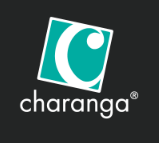
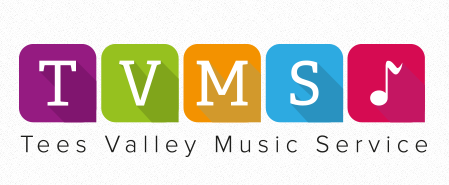
Subject Leader: Mrs Knox
Key stage 1
Pupils should be taught to:
• use their voices expressively and creatively by singing songs and speaking chants and rhymes
• play tuned and untuned instruments musically
• listen with concentration and understanding to a range of high-quality live and recorded music
• experiment with, create, select and combine sounds using the inter-related dimensions of music.
Key stage 2
Pupils should be taught to sing and play musically with increasing confidence and control. They should develop an understanding of musical composition, organising and manipulating ideas within musical structures and reproducing sounds from aural memory.
Pupils should be taught to:
• play and perform in solo and ensemble contexts, using their voices and playing musical instruments with increasing accuracy, fluency, control and expression
• improvise and compose music for a range of purposes using the inter-related dimensions of music
• listen with attention to detail and recall sounds with increasing aural memory
• use and understand staff and other musical notations
• appreciate and understand a wide range of high-quality live and recorded music drawn from different traditions and from great composers and musicians
• develop an understanding of the history of music.

